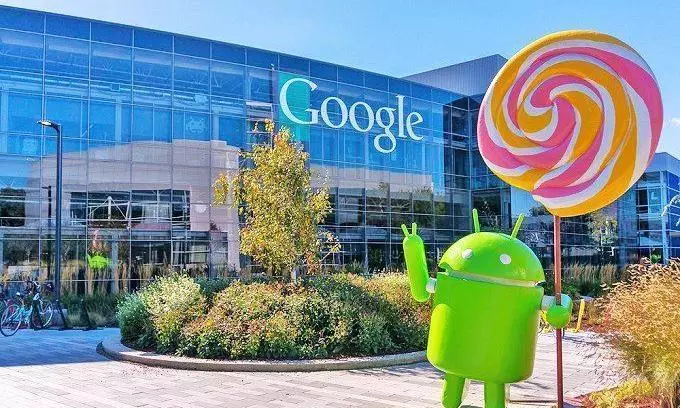
DOJ targets Google’s Chrome browser to divest to end monopoly
text_fieldsThe U.S. Department of Justice (DOJ) is reportedly pushing for Alphabet Inc.'s Google to divest its Chrome browser, marking a significant escalation in the government’s antitrust battle against the tech giant.
This move aims to address Google's alleged monopoly in the online search market, which a federal judge ruled illegal in August.
Antitrust officials, along with state governments involved in the case, are expected to recommend several measures on Wednesday to federal judge Amit Mehta.
These include licensing requirements for Google’s search data, changes to its AI offerings, and adjustments to its Android operating system. If implemented, these measures could profoundly impact the online search market and the growing artificial intelligence (AI) sector.
The case, originally filed during the Trump administration and continued under President Biden, represents the most aggressive action against a tech company since the DOJ’s failed attempt to break up Microsoft two decades ago.
Google’s Chrome browser, which commands 61% of the U.S. browser market according to StatCounter, serves as a critical access point for users of its search engine. Antitrust enforcers argue that this integration gives Google a competitive edge in collecting user data, which it leverages to enhance its advertising business - responsible for the majority of its revenue.
Moreover, Chrome has been instrumental in driving traffic to Google’s AI initiatives, including Gemini, its flagship AI product designed to act as a web companion for users.
Lee-Anne Mulholland, Google’s vice president of regulatory affairs, criticized the DOJ’s approach, stating that the proposed measures “go far beyond the legal issues in this case.” She warned that such actions could harm consumers, developers, and U.S. technological leadership.
Following the news, Alphabet's shares dipped by 1.8%, trading at $172.16, although they remain up 25% for the year.
In addition to seeking a potential sale of Chrome, the DOJ may push for Google to unbundle its Android operating system from other products like its search engine and Google Play Store.
The proposals also include:
- Requiring Google to license search data and results to competitors.
- Allowing websites greater control over their content used in Google’s AI models.
- Banning exclusive contracts central to the DOJ’s case.
- Increasing transparency and control for advertisers over ad placements.
Although a forced divestiture of Chrome would be a groundbreaking move, its execution faces significant hurdles, including identifying potential buyers. Companies like Amazon, which could afford such an acquisition, are themselves under antitrust scrutiny. Analysts suggest that a buyer like OpenAI, which develops ChatGPT, could benefit from acquiring Chrome to complement its chatbot and ads business.
Google’s AI-powered search features, such as “AI Overviews,” have drawn criticism from publishers for reducing traffic and advertising revenue. These features display AI-generated answers at the top of search results, discouraging users from clicking through to original content.
To address these concerns, the DOJ is considering requiring Google to sell “click and query” data and syndicate its search results without restrictions. These steps could help rival search engines and AI startups improve their services and compete with Google more effectively.
Judge Mehta has scheduled a two-week hearing in April 2025 to determine the remedies Google must implement, with a final decision expected by August 2025. While Google plans to appeal the August ruling, the outcome of these proposed changes could significantly alter the competitive dynamics of the technology sector.























